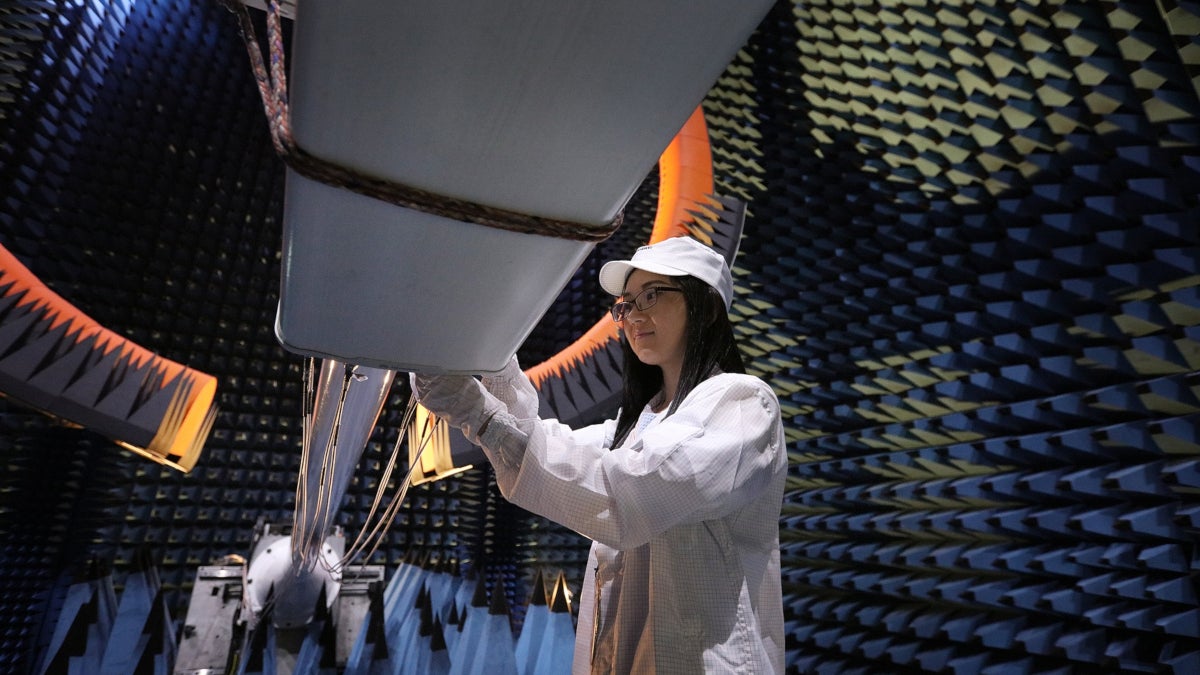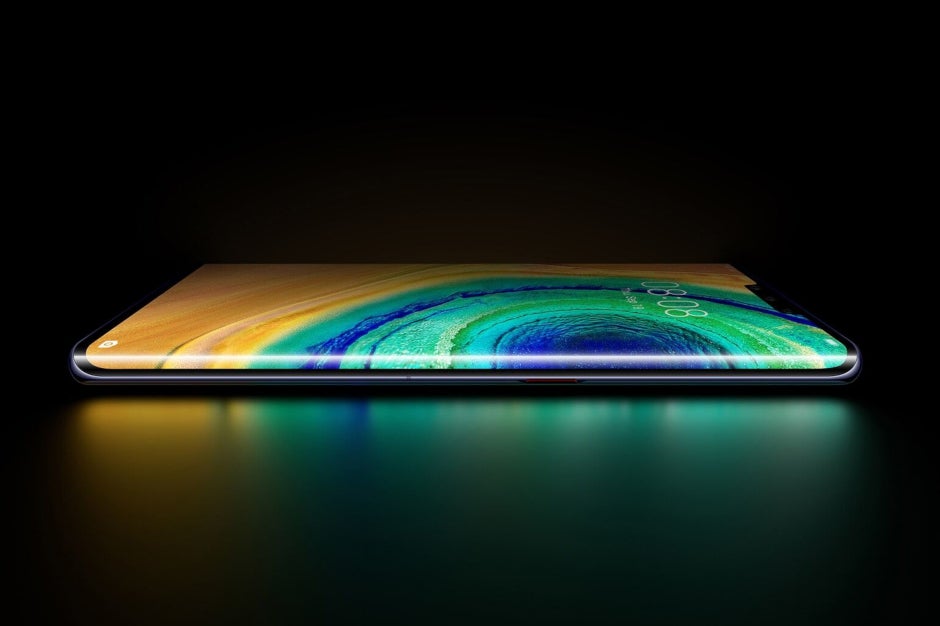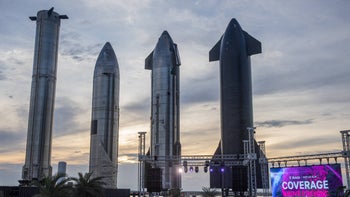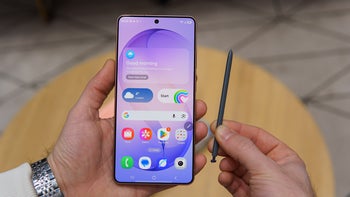You'll be surprised to hear why the Commerce Department withdrew a "Huawei-killer" rule change

Last week, Huawei founder Ren Zhengfei said that he expects the U.S. to escalate its attack on the Chinese manufacturer. Currently, Huawei is banned from accessing its U.S. supply chain which means that its Mate 30 flagship series had to use an open-source version of Android. Huawei's newest phones cannot use Google apps like Search, Maps, Gmail, Drive, and the Play Store. This doesn't matter in China where most Google apps are banned anyway but does impact international versions of Huawei's phones. The upcoming P40 line will also be without the Google version of Android but will be the first to include the new Huawei Mobile Services to replace Google's ecosystem.
One way that Huawei got around the ban was to replace American-made components with those produced in foreign countries. But the di minimis rule allows the U.S. to control the export of foreign-made products if they contain 25% or more U.S.-origin content by value. And the Commerce Department was considering making things harder for Huawei by reducing that threshold to 10%. At that level, most products with any U.S.-origin content would be blocked by the Trump administration. However, The Wall Street Journal reports that Huawei has received a reprieve from an unlikely source, the Pentagon.
The Trump administration is disappointed that Huawei has managed to find ways around the U.S. supply chain ban
The Defense Department and the Treasury Department both asked the Commerce Department to back off its proposal and as a result, the revised regulation has been withdrawn. The Pentagon was concerned that tightening the screws on Huawei would cost U.S. firms some revenue that would normally be spent on research and development. Without R&D, the Pentagon worries that the U.S. will lose its technological edge. It should be pointed out (and we've done so often) that Huawei paid its stateside suppliers $11 billion in 2018. The manufacturer was once Micron Technology's largest customer for its memory chips. While the U.S. chip industry has tried to make this argument with government officials, it appeared that no one was listening until now.
Yesterday, Defense Secretary Mark Esper said, "We have to be conscious of sustaining those [tech] companies’ supply chains and those innovators. That’s the balance we have to strike." Meanwhile, the Journal says that a split has formed inside the Trump administration with officials trying to figure out how they can best deal with the national security issues that Huawei reportedly creates while not harming U.S. companies. Some lawmakers wrote a letter to Secretary Esper questioning why the Department of Defense would quash the Commerce Department's proposed change to the di minimis rule. U.S. Senators Ben Sasse (R., Neb.), Tom Cotton (R., Ark.) and Marco Rubio (R., Fla.) said in the letter, "Huawei is an arm of the Chinese Communist Party and should be treated as such." The company has repeatedly denied this allegation.

The Huawei Mate 30 Pro is equipped with an open-source version of Android
The U.S. has recommended to its allies that they refrain from using Huawei's networking parts as they build out 5G networks. Japan and Australia have heeded the warning while Germany has not. And now it appears that the U.K. will also allow Huawei gear to be used on new 5G networks despite being shown new evidence by a visiting U.S. delegation. One U.S. government official said that the decision by the U.K. to allow the use of Huawei's parts is "nothing short of madness."
Huawei is the worldwide leader in supplying networking equipment and the U.S. is said to be examining ways it can help stateside tech firms produce networking gear that can be used instead of Huawei's parts. The Administration reportedly would like this done within 18 months. Last year, Trump officials supposedly met with Oracle and Cisco to see if they would be interested in competing with Huawei, but both firms said at the time that they didn't have the time or money to get involved. Administration officials believe that Germany and the U.K. would ban Huawei parts from their 5G networks if there was an alternative, something that Britain's prime minister noted earlier this month. Thanks to its connection with China's state-run bank, Huawei offers its customers aggressive financing terms. The U.S. is also looking at ways to counter that advantage.
The report notes that there is frustration inside the Trump administration that Huawei's businesses have not been hurt as badly as hoped. The company finished 2019 as the second-largest smartphone manufacturer in the world behind Samsung but ahead of Apple. It shipped approximately 240 million handsets last year, up 16.5% from the 206 million it delivered the year before.
Follow us on Google News














Things that are NOT allowed:
To help keep our community safe and free from spam, we apply temporary limits to newly created accounts: